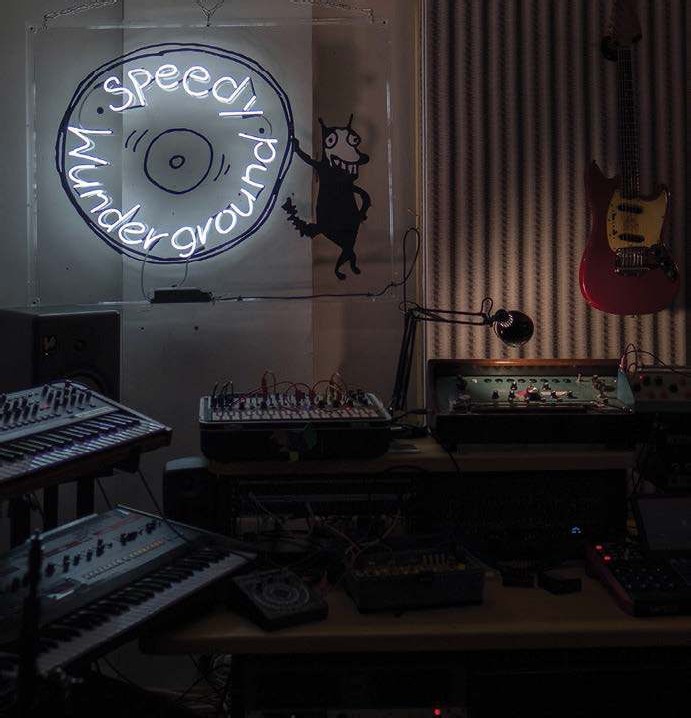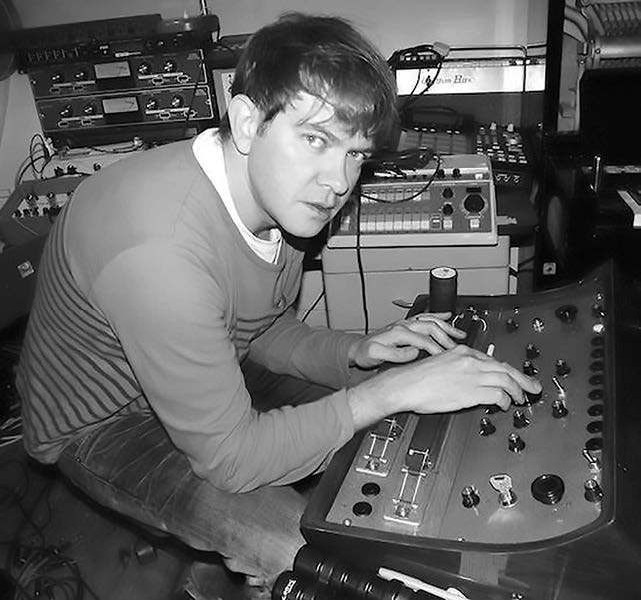
The important thing about the much-discussed vinyl comeback is not to think of it as some unambiguous triumph, like one of those great wildlife success stories where a creature that had been confined to the southeast corner of a desolate marsh spreads across an entire country within years of being reintroduced. Vinyl as a format still needs nurturing. The ecosystem has been shaken by high-street closures, as independents fight on; the vinyl sections in the supermarkets tend to stock the same tiny selections of surefire bestsellers; the vinyl chart is dominated by a strain of rock-tastic nostalgia. There’s the sneaking suspicion it would be easy to slip into a vinyl existence of endless Liam Gallagher albums and remasters of Rumours, but there are still a heartening number of bold pioneers making the effort to find new ways to get different music to fresh audiences – the people for whom making a record is about more than pressing something to vinyl and then sending it to a shop to see what happens next.
THE SEVEN-INCH SPECIALIST
SPEEDY WUNDERGROUND

Speedy Wunderground is the brain child of producer Dan Carey
“It was a way to get over the frustration of not being spontaneous,” says Pierre Hall, the co-founder of the London-based label Speedy Wunderground. “What we do links back to the golden age of rock ’n’ roll: go into the studio, here’s a song, record it. It’s a mixture of that 80s indie thing and the early-50s rock ’n’ roll thing.”
That’s the essence of Speedy Wunderground, which specialises in super-limited runs of seven-inch singles. Over five years, Hall and producer Dan Carey have put out 25 singles, compiled several albums featuring hot young bands (Childhood, Black Midi), more established artists (Teleman, Toy) and the occasional high-profile coup (Kate Tempest, Natasha Khan). And all have to follow the label’s rules: record in one day, mix the next, and get it out as quickly as possible.
“If you labour over something too much, it can suck the life out of it,” Hall says. “The first few artists we recorded saw it as an opportunity to do something outside the zone they were in already, but now it’s become more of a breeding ground for new acts, a lot of the bands now do a seven-inch with us and go on to record their albums with Dan for other labels: him producing Fews, Black Midi and Teleman all came from initially doing one single.”